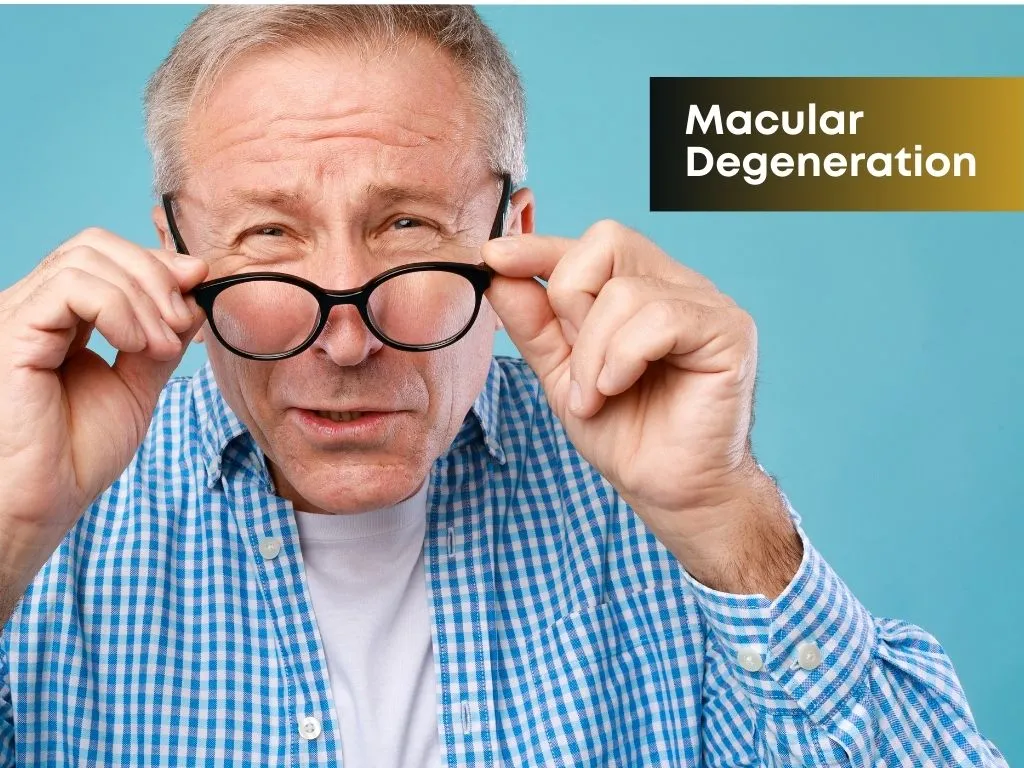Age-Related Macular Degeneration
-
 Nalamaree Team
Nalamaree Team
- 23 September 2025
Overview
Age-Related Macular Degeneration (AMD) is a progressive eye condition that primarily affects older adults and is one of the leading causes of vision loss in people over the age of 50. The macula, located near the center of the retina at the back of the eye, is responsible for central vision and allows individuals to see fine details clearly. In AMD, the macula deteriorates over time, leading to vision impairment.
There are two main types of AMD:
Causes
The exact causes of AMD are not fully understood, but several factors are known to contribute to its development:
Symptoms
Treatment: Modern Medicine
Age-Related Macular Degeneration (AMD), aimed at slowing its progression and managing its effects on vision. These treatment approaches include:
Treatment: Traditional Medicine
Caution





















.jpg.webp)
